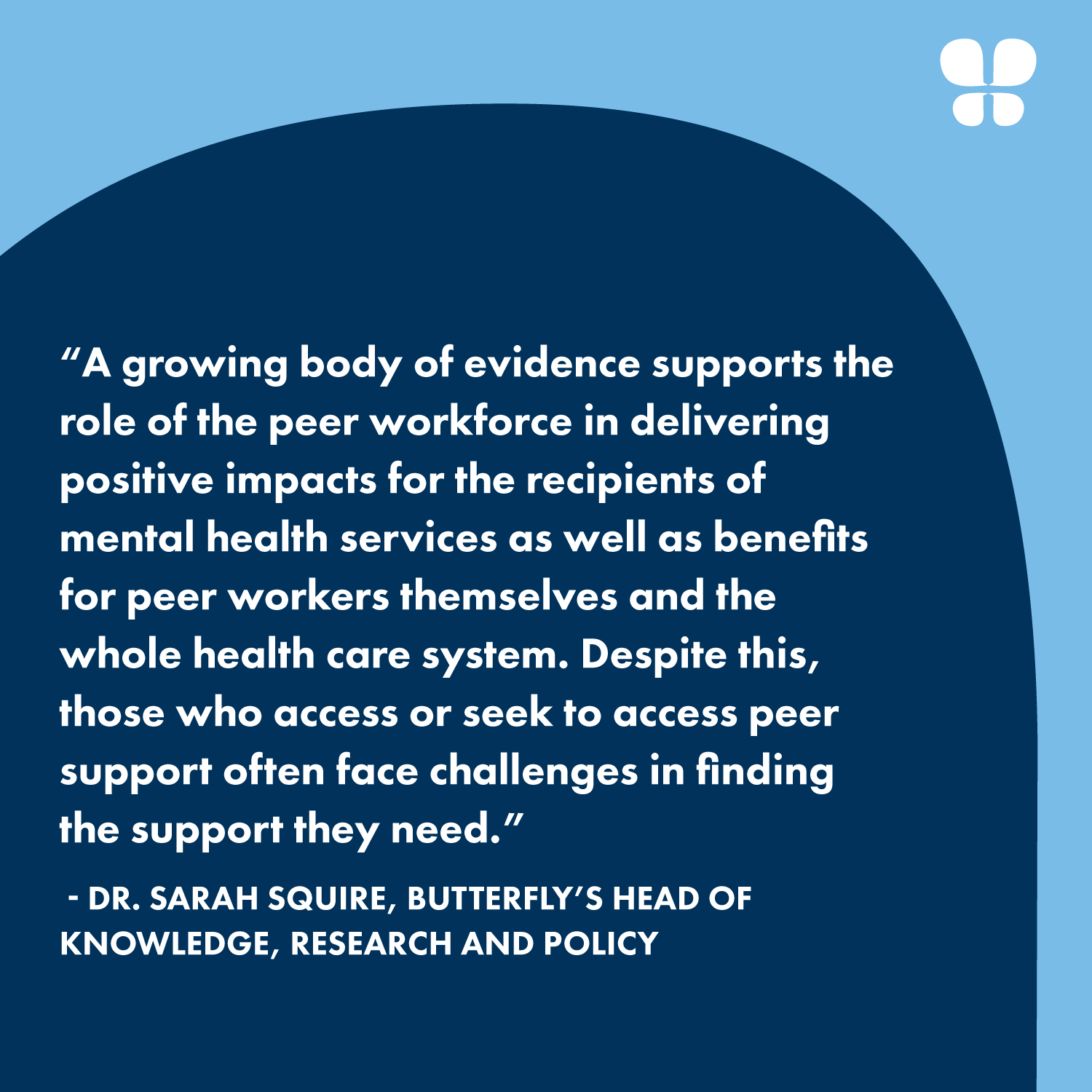Helping young people navigate body image pressures during school formal season
Formal season is upon us and while it should be a time of celebration, the intense focus on appearance, finding the ‘perfect’ outfit, securing a date and wanting to fit in can be all consuming for some young people, sucking the joy out of what should otherwise be a happy event.
Body image consistently ranks in the top personal concerns of young people, and these concerns may become especially apparent in the lead up to formals, when there is a hyper focus on appearance and commenting on or critiquing the look of others.
The pressure to ‘look your best’ can leave young people turning to quick fixes. While changing hair, nails and make-up are one thing, when this translates into wanting to quickly lose weight, we’re moving into dangerous territory.
Restrictive dieting is a significant risk factor for an eating disorder. In fact, young people who diet moderately are 6 times more likely to develop an eating disorder.
Here are some practical things the adults in young people’s lives can do to support body image during formal season.
Take the focus away from appearance
While this is easier said than done, encourage young people to think about what’s the most important thing they want to remember from the night – is it how they looked or having fun and making memories with friends? Remind them that this is just one evening out of many in their life, and to try to stay in the moment without thinking about appearance.
Encourage compliments that aren’t (just) about looks
While compliments focused on personal characteristics rather than appearance are preferable, this is a special night and so of course there are going to be lots of compliments flying around. However, there are ways of complimenting a person that doesn’t reinforce societal ideals around weight, shape or size.
For example, ‘You look so happy” or “You really have a talent for styling/make-up/hair’. It’s equally important to teach young people how to graciously accept a compliment, with a simple ‘thank you’. Knocking compliments back doesn’t help anyone (recipient or the giver) feel good.
Reduce diet and body talk at home, at school and online!
Diet and body talk is everywhere and will likely increase in the run up to formals. The intention might be positive but unfortunately, any type of appearance talk reinforces body and appearance ideals, weight stigma (i.e. that there is a ‘better’ body or shape to have) and can increase unhelpful body comparisons.
Giving young people strategies to reduce appearance talk in their friendship groups can be helpful. For example, redirecting the conversation (‘Can we talk about something else/something more interesting”), shutting it down (“I am not finding this conversation very helpful, please stop” or simply walking away/leaving an online chat.
Say no to dieting
Do not support the idea of crash dieting or extreme short-term fitness plans for an event or season of the year (Keep an eye out for Butterfly’s upcoming Christmas campaign for further help on this).
Instead encourage healthy habits which can be sustained in the long run. Talk to young people about the importance of fuelling their bodies regularly throughout the day to support mood and function and moving in ways which feel good for the body and mind.
Be what they need to see
All adults need to be conscious of the messages they send to young people. Being a positive role model doesn’t mean you have to be ‘perfect’ but demonstrating a balanced approach to eating, exercise and your body can send a really powerful message to those around.
You can find activities and tips around managing appearance talk, healthy relationship with eating and exercise and positive role modelling as part of Butterfly’s Body Kind Schools and Body Kind Families.
What to look out for
Not sure if the lead up to formals is having a negative impact on your young person’s body image? Here are some potential warning signs.
An increase in body checking
A young person may spend prolonged amounts of time in front the mirror, become fixated on taking photos, measuring their body or weighing themselves.
Changes in eating behaviours
You may notice a change in a young person’s eating such as skipping meals, eliminating food groups, setting rigid food rules, tracking intake or avoiding social eating.
Signs of distress and changes in mood
Mood changes (over and above what might usually be expected for teenagers), irritability, anxiety, sadness and social isolation and low self-esteem could all indicate a teen is struggling with their body image.
Other behavioural changes
These may include changes in exercise routines, constantly asking for reassurance about their body, verbalising body dissatisfaction or comparing themselves negatively to others (siblings, friends, peers, influencers/celebrities). For warning signs of eating disorders, click here.
Finding support
If you are worried about a young person’s eating, exercise behaviours or attitudes towards their body acting early is important. A GP is a good first point of call.
You can also contact Butterfly’s National Helpline for free and confidential counselling, support and advice by calling 1800 ED HOPE (1800 33 4673), chat online or email support@butterfly.org.au 7 days a week 8am-midnight (AEDT).
Learn more about body image with Butterfly’s Education social groups
Butterfly Education – Body Image in Children and Teens provides the latest research and articles on body image, as well as sharing programs, resources, and information to help you learn more about body image in young people. The group is a great place to start if you’re concerned and want further information..
Facebook: https://www.facebook.com/groups/774917537089964
LinkedIn: https://www.linkedin.com/showcase/butterfly-education-prevention/






















